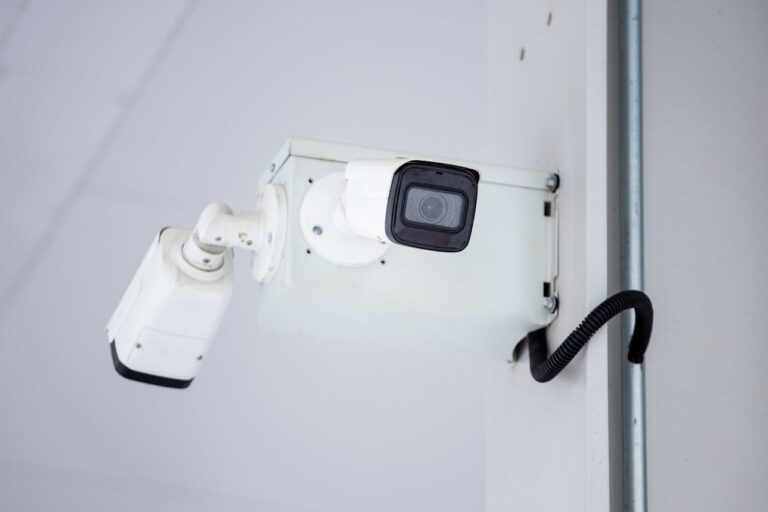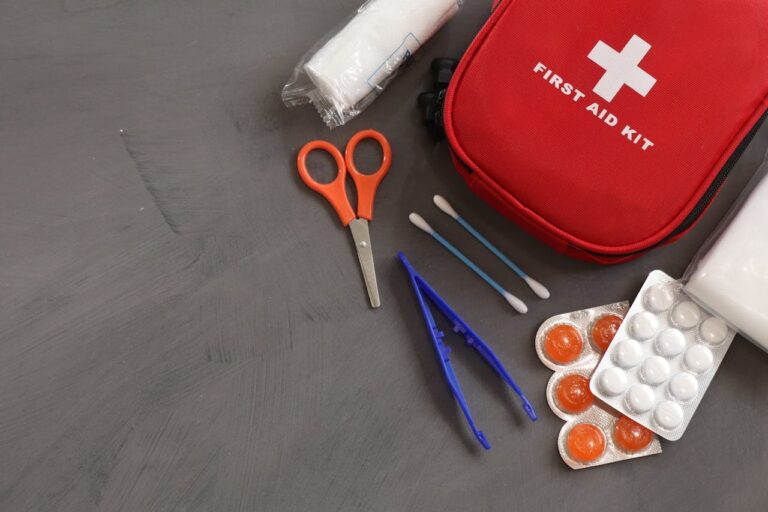
The problem of a herniated disc in the lower back almost brings a person’s daily activities to a halt. The person who has this problem can neither sit properly nor lie down properly and even faces a lot of difficulty in doing his basic daily tasks. That sharp jolt down your leg to the aching stiffness in the back, everything brings numbness in the body.
If you too are going through such a situation and are looking for a herniated disc treatment then this blog can be of great help to you. In this blog you will understand why this happens and how you can get relief from it.
What is the Root Cause behind Herniated Disc?
This usually happens due to wear and tear that come with age, but this problem is often seen in young people as well. There are many reasons for this such as:
- • Improper lifting techniques (especially with heavy objects)
- • Prolonged sitting or a sedentary lifestyle
- • Sudden strain or injury
- • Being overweight, which increases pressure on the discs
- • Genetics, which may predispose some people to disc problems
Finding the Right Herniated Disc Treatment
The volume of information available when you begin searching for answers might be challenging. However, for back pain treatment, the degree of your symptoms and the duration of time you have been coping with them will determine the appropriate herniated disc treatment.
Let’s break down the most common treatment options:
1. Conservative Therapies (First-Line Relief)
Most patients begin here and with good cause. Conservative therapy can provide significant comfort without involving intrusive operations.
Rest and Activity Modification: First of all, you are advised to rest, you have to minimize aggressive activities, this will give you comfort.
Physical Therapy: You can consult a certified physical therapist. He or she will guide you regarding exercises that will strengthen your core, improve spinal alignment and also reduce the pressure on the disc.
Anti-inflammatory Medications: Over-the-counter NSAIDs can be used, such as ibuprofen. These will give you comfort temporarily, but in the long run you will have to change this medication as it is not a parent treatment.
Heat and Ice Therapy: Alternating hot and cold packs may help reduce inflammation and muscle tension.
This stage is also where many people start searching for pain management near me, looking for specialists who can provide structured care without surgery.
2. Advanced Non-Surgical Options
If your herniated disc does not heal within several weeks, you may need to consider a customized and specialized approach. These include:
Epidural Steroid Injections: These injections are directly applied to the area of pain, and anti-inflammatory medicine is injected there to relieve the pain. Although this is not a permanent solution, if you take physical therapy along with it, you can get relief from pain.
Chiropractic Care: Gentle spine adjustments could relieve disc pressure. However, this approach might not suit everyone with more severe symptoms.
Acupuncture and Alternative Therapies: Acupuncture is also one of the best treatments to relieve the pain of a herniated disc. Many patients get relief from pain with it. You can get relief from pain more rapidly if you use acupuncture, massage, and yoga together with your usual treatment. Now, looking for a pain specialists near me can give you helpful suggestions on which treatment is best for your case.
When Surgery Becomes the Best Option?
Many people will advise you to undergo surgery if you are suffering from a herniated disc. We are telling you how much truth there is in this matter. Only a small percentage of people with a herniated disc will require surgery.
First of all, you have to go with conservative methods. If that also does not provide relief, you can opt for surgery. Apart from this, if your symptoms are severe, such as loss of blood control, extreme weakness or numbness in the body, then you should undergo surgery. It mainly includes the following:
- • Microdiscectomy: Doctors usually treat lumbar herniated discs with surgical procedures. It means removing the part of the disc pressing against the nerve.
- • Spinal Fusion: In more complex cases, two or more vertebrae may be fused to stabilize the spine.
Also Read: How to Recognize the Symptoms and Causes of a Herniated Disc?
Final Thoughts
Dealing with a herniated disc in the lower back is challenging but not hopeless. With early intervention, the right herniated disc treatment, and a team of trusted providers, long-term relief is absolutely within reach.
Take your first step today. Whether it’s searching for pain management near me or starting with simple stretches, your spine will thank you.








